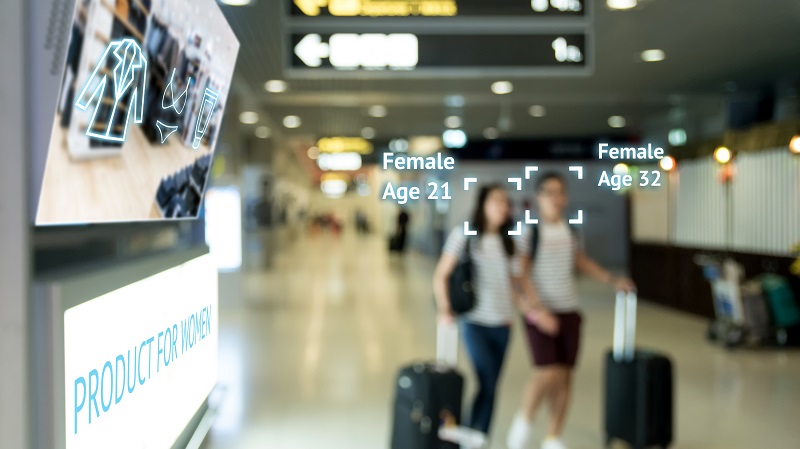
Bipartisan legislation introduced in the Senate this week would strip the Transportation Security Administration (TSA) of its authority to use facial recognition technology as part of its airline passenger screening program, and require the agency to get rid of data obtained through the use of facial recognition technology.
The Traveler Privacy Protection Act of 2023 was introduced by Sens. John Kennedy, R-La., and Jeff Merkley, D-Ore. Co-sponsors include Sens. Roger Marshall, R-Kan., Elizabeth Warren, D-Mass., Ed Markey, D-Mass., and Bernie Sanders, I-Vt.
According to text of the bill, the legislation would prohibit TSA from using facial recognition technology or facial matching software “in any airport unless such use is expressly authorized by an Act of Congress.”
The bill would give TSA 90 days to “dispose of any facial biometric information, including images and videos, obtained through facial recognition technology or facial matching software.”
The sponsors said they take issue with TSA’s claim that the facial recognition program is “voluntary” for airline passengers and asserted that most passengers are unaware of their ability to opt out of facial recognition screening.
“Despite the TSA calling its plan to implement facial scans at more than 430 U.S. airports voluntary, passengers are largely unaware of their ability to opt out,” Sen. Kennedy’s office said. “Moreover, TSA does not effectively display notices at its check points to inform travelers that they have such an option.”
“The TSA program is a precursor to a full-blown national surveillance state,” Sen. Merkley declared. “Nothing could be more damaging to our national values of privacy and freedom. No government should be trusted with this power.”
“Every day, TSA scans thousands of Americans’ faces without their permission and without making it clear that travelers can opt out of the invasive screening,” said Sen. Kennedy. “The Traveler Privacy Protection Act would protect every American from Big Brother’s intrusion by ending the facial recognition program.”
In a report released earlier this year, the Department of Homeland Security (DHS) found that facial recognition systems can work well, although some showed performance demographic differentials. TSA is a component of DHS.
